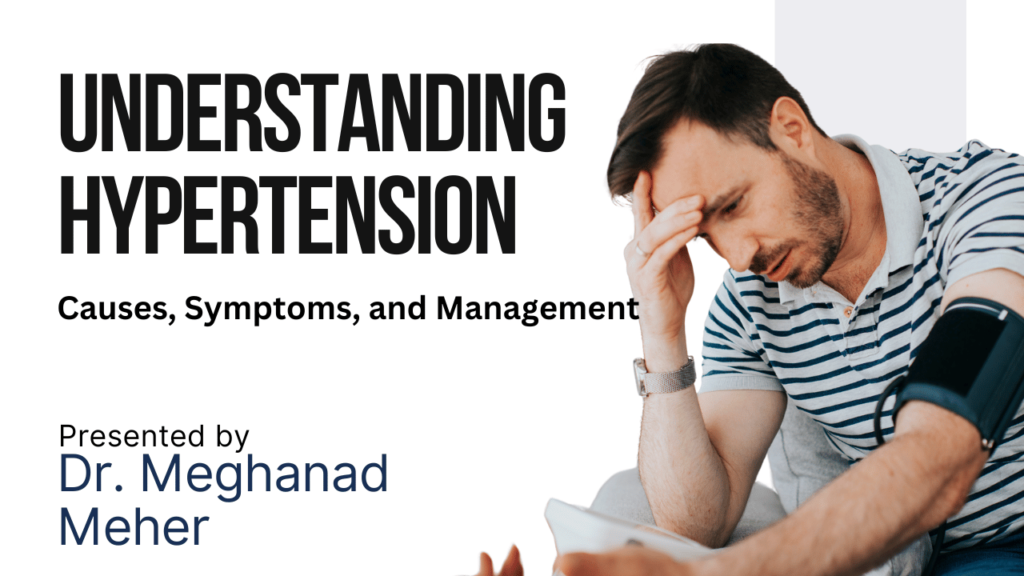
Hypertension, commonly known as high blood pressure, is a prevalent condition that can lead to serious health complications if left unmanaged. As a physician dedicated to patient care, I’ve seen firsthand the importance of early detection and effective management of hypertension.
What Causes Hypertension?
Hypertension can be caused by a variety of factors, including:
- Genetics: A family history of hypertension increases your risk.
- Lifestyle: Poor diet, lack of physical activity, and excessive alcohol consumption.
- Chronic Conditions: Conditions like diabetes and kidney disease can contribute to high blood pressure.
Symptoms to Watch For
Often called the “silent killer,” hypertension may not present noticeable symptoms until significant damage has occurred. Some common symptoms include:
- Headaches
- Shortness of breath
- Nosebleeds
Effective Management Strategies
Managing hypertension involves a combination of lifestyle changes and medication. Key strategies include:
- Diet: Following a heart-healthy diet rich in fruits, vegetables, and whole grains.
- Exercise: Engaging in regular physical activity.
- Medication: Taking prescribed medications as directed.
- Monitoring: Regularly checking blood pressure levels.
